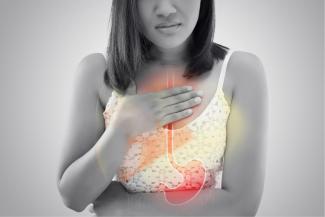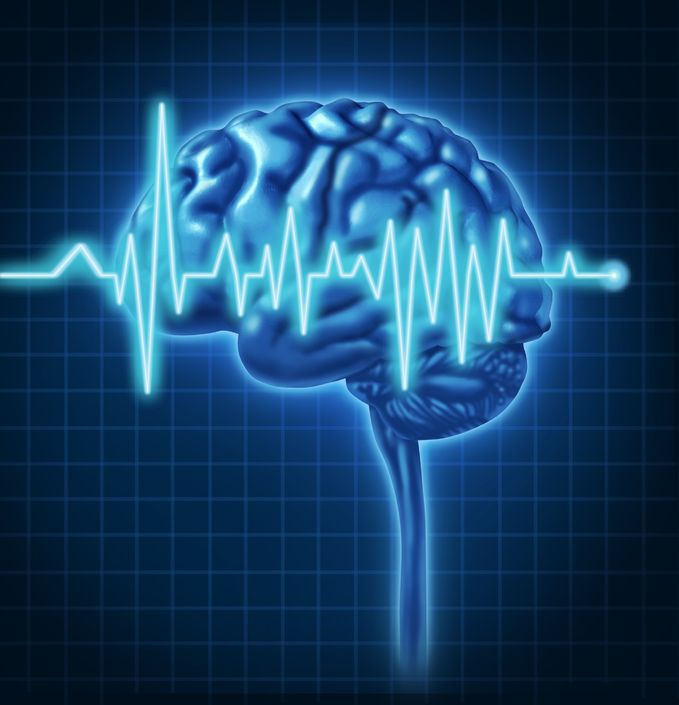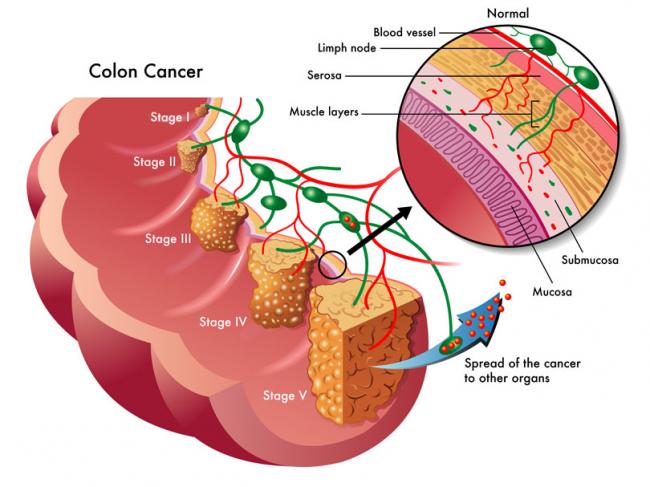-
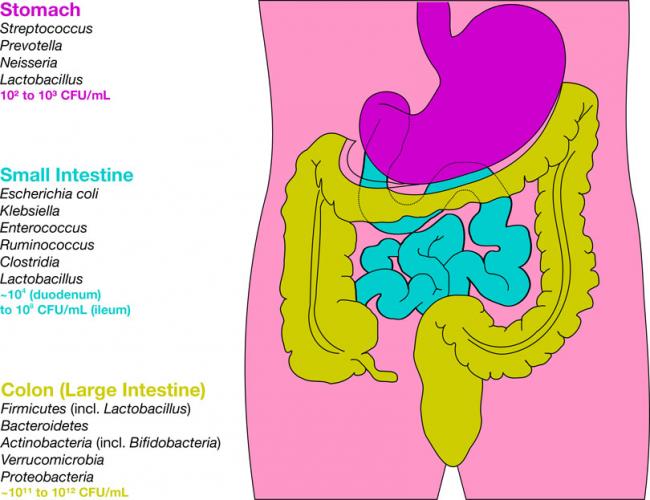 2016-02-13
2016-02-13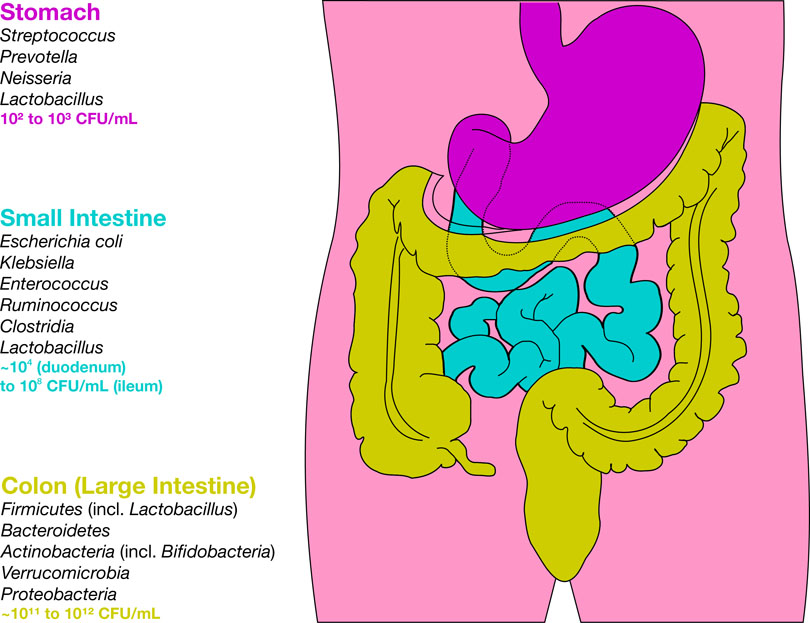 Small intestinal bacterial overgrowth (SIBO) is characterized by an overgrowth of various types of bacteria in the small intestine, bacteria which are largely only found in the colon. SIBO was initially thought of as a rare condition; however, it is now recognized as a more prevalent digestive disorder than previously acknowledged. A meta-analysis has shown the prevalence of SIBO to be approximately 64% among patients with irritable bowel syndrome
Small intestinal bacterial overgrowth (SIBO) is characterized by an overgrowth of various types of bacteria in the small intestine, bacteria which are largely only found in the colon. SIBO was initially thought of as a rare condition; however, it is now recognized as a more prevalent digestive disorder than previously acknowledged. A meta-analysis has shown the prevalence of SIBO to be approximately 64% among patients with irritable bowel syndrome -
 2016-02-13
2016-02-13Restless leg syndrome (RLS) is a condition that affects the part of the nervous system that causes an urge to move the legs. It usually interferes with sleep, so it can also be considered a sleep disorder. RLS can be quite troubling depending on the intensity of the symptoms. Symptoms include itching, burning, aching, and a desire to move the legs (for no apparent reason).
-
 2016-02-13
2016-02-13 Noticing blood while brushing or flossing can be alarming and shouldn’t be ignored! The importance of oral health is a concept introduced to most Canadians at a very young age, and with good reason. The Ontario Dental Hygienist’s Association reports that the link between oral infections and other diseases in the body is becoming well-documented and accepted within the health-care community. Periodontal disease is one of the most common human diseases
Noticing blood while brushing or flossing can be alarming and shouldn’t be ignored! The importance of oral health is a concept introduced to most Canadians at a very young age, and with good reason. The Ontario Dental Hygienist’s Association reports that the link between oral infections and other diseases in the body is becoming well-documented and accepted within the health-care community. Periodontal disease is one of the most common human diseases -
 2016-02-13
2016-02-13 The human microbiome is defined as the full collection of genes of all the microbes in the human body and “consists of 10–100 trillion symbiotic microbial cells,” outnumbering the number of human cells by ten times. An individual’s genome is 99.9% identical to another human’s; however, their microbiomes will only show 10–20% similarity to one another.
The human microbiome is defined as the full collection of genes of all the microbes in the human body and “consists of 10–100 trillion symbiotic microbial cells,” outnumbering the number of human cells by ten times. An individual’s genome is 99.9% identical to another human’s; however, their microbiomes will only show 10–20% similarity to one another. -
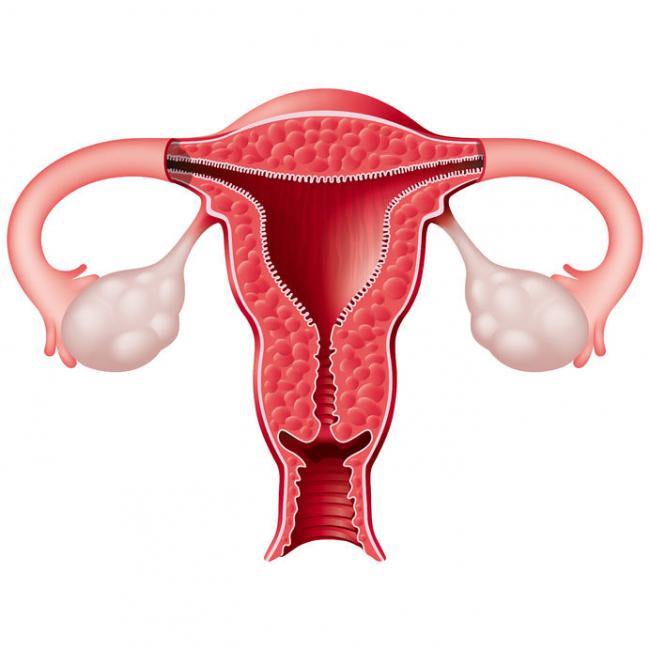 2016-01-16
2016-01-16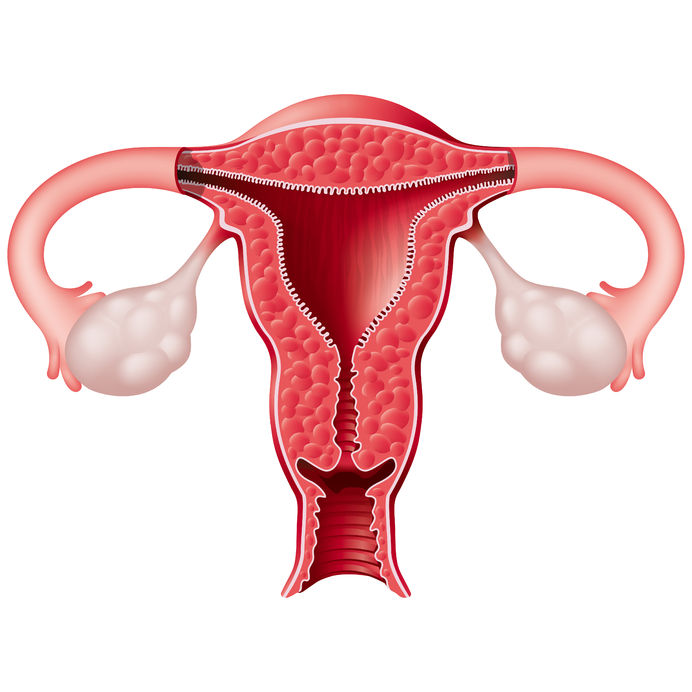 Polycystic Ovary Syndrome (PCOS) is the most common cause of anovulatory infertility prevalent in 5-10% of women of reproductive age. Anovulation is abnormal ovarian function in which the ovary is unable to release an oocyte (egg) during a menstrual cycle
Polycystic Ovary Syndrome (PCOS) is the most common cause of anovulatory infertility prevalent in 5-10% of women of reproductive age. Anovulation is abnormal ovarian function in which the ovary is unable to release an oocyte (egg) during a menstrual cycle -
 2016-01-16
2016-01-16 Among all sexual dysfunctions, erectile dysfunction (ED) is the most common [1]. Approximately 1 in 10 men worldwide have ED, the prevalence ranging from 10-71% for men older than 70 years old [2]. This range is so wide and there are no reliable figures available for the incidence and prevalence of ED because most men do not seek treatment. Social stigma is all too familiar and continues to be a reality for men suffering with erectile dysfunction (ED), this being the biggest barrier to them seeking treatment.
Among all sexual dysfunctions, erectile dysfunction (ED) is the most common [1]. Approximately 1 in 10 men worldwide have ED, the prevalence ranging from 10-71% for men older than 70 years old [2]. This range is so wide and there are no reliable figures available for the incidence and prevalence of ED because most men do not seek treatment. Social stigma is all too familiar and continues to be a reality for men suffering with erectile dysfunction (ED), this being the biggest barrier to them seeking treatment. -
 2016-01-16
2016-01-16 An old adage taunts us with the fact that for years medicine has struggled to beat what we call the ‘common cold’ with mild success at best, but boy have we ever tried. Walk into a drugstore any time of the year and you will find shelves stocked with nostalgic cherry tasting syrups, pills to relieve symptoms and keep you awake, others help you sleep,
An old adage taunts us with the fact that for years medicine has struggled to beat what we call the ‘common cold’ with mild success at best, but boy have we ever tried. Walk into a drugstore any time of the year and you will find shelves stocked with nostalgic cherry tasting syrups, pills to relieve symptoms and keep you awake, others help you sleep, -
 2016-01-16
2016-01-16 One in four adults in Canada, which is equivalent to 6.3 million people were diagnosed with obesity by the end of 2012. This is a 17.5% increase from 2003. With obesity comes fatigue, malnutrition, type II diabetes, cardiovascular disease and can lead to the diagnosis of other serious chronic illnesses.
One in four adults in Canada, which is equivalent to 6.3 million people were diagnosed with obesity by the end of 2012. This is a 17.5% increase from 2003. With obesity comes fatigue, malnutrition, type II diabetes, cardiovascular disease and can lead to the diagnosis of other serious chronic illnesses. -
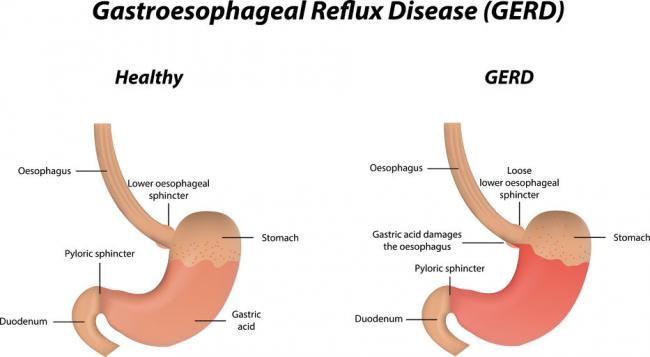 2016-01-16
2016-01-16 Gastroesophageal Reflux Disease or GERD can be defined as a condition of mucosal damage produced by the abnormal reflux of gastric contents into the esophagus. According to the Canadian Digestive Health Foundation, 5 million Canadians experience heartburn and/or acid regurgitation at least once each week.
Gastroesophageal Reflux Disease or GERD can be defined as a condition of mucosal damage produced by the abnormal reflux of gastric contents into the esophagus. According to the Canadian Digestive Health Foundation, 5 million Canadians experience heartburn and/or acid regurgitation at least once each week. -
 2015-12-22
2015-12-22 Our eyes and our sense of vision are extremely important to quality of life. As we age, our eyes tend to deteriorate, not only with regards to acuity, but also with regards to overall health. There are two conditions which are quite common and both cause problems with vision. These conditions are presented below.
Our eyes and our sense of vision are extremely important to quality of life. As we age, our eyes tend to deteriorate, not only with regards to acuity, but also with regards to overall health. There are two conditions which are quite common and both cause problems with vision. These conditions are presented below. -
 2015-12-22
2015-12-22Prions refer to abnormal pathogens that are transmissible and cause problems in the brain. Transmissible spongiform encephalopathies are a group of diseases associated with the protease-resistant protein (PrP). The exact function of PrP is unknown, although it is thought to be involved in the transport of copper into cells, neuroprotection and neuronal communication.
-
 2015-12-22
2015-12-22 According to Statistics Canada, results from the 2009 to 2011 Canadian Health Measures Survey (CHMS) indicate that 1 in 5 Canadian adults aged 18 to 79 had metabolic syndrome. Metabolic Syndrome, also known as Syndrome X, Insulin Resistance Syndrome, or Mets refers to a cluster of conditions that occur together. These conditions include high blood pressure, high blood sugar levels, excess body fat around the waist or mid-central obesity, and abnormal cholesterol levels.
According to Statistics Canada, results from the 2009 to 2011 Canadian Health Measures Survey (CHMS) indicate that 1 in 5 Canadian adults aged 18 to 79 had metabolic syndrome. Metabolic Syndrome, also known as Syndrome X, Insulin Resistance Syndrome, or Mets refers to a cluster of conditions that occur together. These conditions include high blood pressure, high blood sugar levels, excess body fat around the waist or mid-central obesity, and abnormal cholesterol levels. -
 2015-12-22
2015-12-22 Irritable bowel syndrome (IBS) is a gastrointestinal disorder characterized by irregular bowel habits and abdominal pain. [1] Four subtypes of IBS have been identified: constipation-predominant IBS (IBS-C), diarrhea-predominant IBS (IBS-D), mixed IBS (IBS-M), and un-subtyped IBS. One subtype is not completely independent of the others, for example, patients with IBS-C will most likely experience IBS-D as well at some point in their lives.
Irritable bowel syndrome (IBS) is a gastrointestinal disorder characterized by irregular bowel habits and abdominal pain. [1] Four subtypes of IBS have been identified: constipation-predominant IBS (IBS-C), diarrhea-predominant IBS (IBS-D), mixed IBS (IBS-M), and un-subtyped IBS. One subtype is not completely independent of the others, for example, patients with IBS-C will most likely experience IBS-D as well at some point in their lives. -
 2015-11-09
2015-11-09 Congestive heart failure (CHF) is the process that occurs when the heart does not pump blood effectively. Congestion then follows in the lungs and peripheral tissues. CHF can occur in both ventricles or just on one side, although it will often progress to both sides. The symptoms include breathlessness and difficulty breathing, usually made worse by lying down
Congestive heart failure (CHF) is the process that occurs when the heart does not pump blood effectively. Congestion then follows in the lungs and peripheral tissues. CHF can occur in both ventricles or just on one side, although it will often progress to both sides. The symptoms include breathlessness and difficulty breathing, usually made worse by lying down -
 2015-11-09
2015-11-09 This action that berberine has on AMPK is one of the main reasons that interest in berberine’s effects on blood sugar management have been studied. AMPK activation is one the main mechanisms of action of the popular diabetes medication metformin (Glucophage). In human trials berberine has been extremely impressive in this regard. Let’s take a look at some of the studies.
This action that berberine has on AMPK is one of the main reasons that interest in berberine’s effects on blood sugar management have been studied. AMPK activation is one the main mechanisms of action of the popular diabetes medication metformin (Glucophage). In human trials berberine has been extremely impressive in this regard. Let’s take a look at some of the studies.


